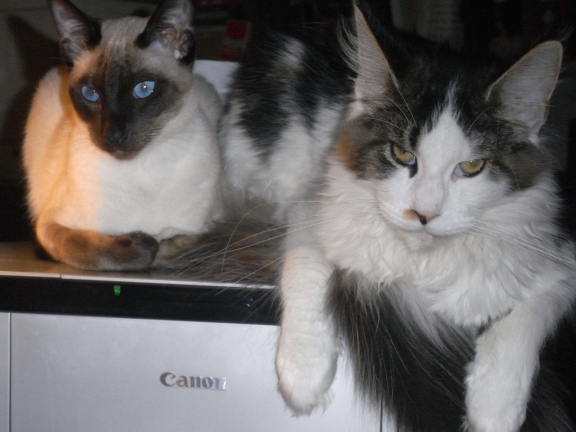The most inspiring thing I’ve read this week is Lisa Allardice’s interview with Alice Munro for The Guardian. I remember the day Munro won the Nobel because I was just able to catch the live result before we went to collect John Clute from the station – he was here for lunch. As a Canadian, John was delighted by the news, and we spent some time discussing exactly what it is that makes Munro so special.
For me, it’s the deftness of her sentences (never showy but always rich, always perfectly finished) combined with the hyper-reality that characterises all of her stories. It would be wrong to call Munro a magical realist – her use of the fantastic is not so overt as that – but there is something about the world she creates, nonetheless, a particular way of seeing that seems tinged with a constant awareness of the un-usual.
She writes about ordinary people, people who are often trapped within lives that seem too small for them, yet they are made extraordinary by their gifts of perception.
It seems clear that in this respect at least all of Munro’s characters are versions of Munro herself. Reading about her life difficulties filled me with that odd mixture of anger and gladness that always overcomes me when I hear about writers – often women, but not always – who have faced a disproportionate struggle to be heard.
With hindsight, it seems inevitable that a talent such as Munro’s would be recognised. But for her, at the time, her isolation was a source of genuine despair.
Reading about her writing process – “…everything by hand just the way it comes to me and then I rearrange, and rewrite and rewrite. It might take me six months at least. It might even take me a year. I will be going over it and over it.” – is just massively helpful and inspiring. To know that the apparent spontaneity of these perfect stories, their intrinsic rightness, is something that even Munro has to pick away at – I find that greatly comforting.
I’m still working on the final edits for The Race. The edits Ian suggested are very light indeed, so it’s not his fault – but as usual I’m finding dozens and dozens of things I want to change, and so the process is taking longer than I thought it would. I’m seeing this less as a problem and more as a god-sent opportunity to get the manuscript exactly how I want it.
It’s fascinating, reading the book again after almost seven months of not looking at it at all. I hope it’s now better than it was when I sent it in. And the first responses have been so generous, which is hugely encouraging.
Meanwhile, work on the new book continues. Chris finally let me read the first section of his new one earlier in the week. I think it might be the most exciting thing he’s yet written.
Not helped by having two cats more or less permanently in residence on top of his printer.
